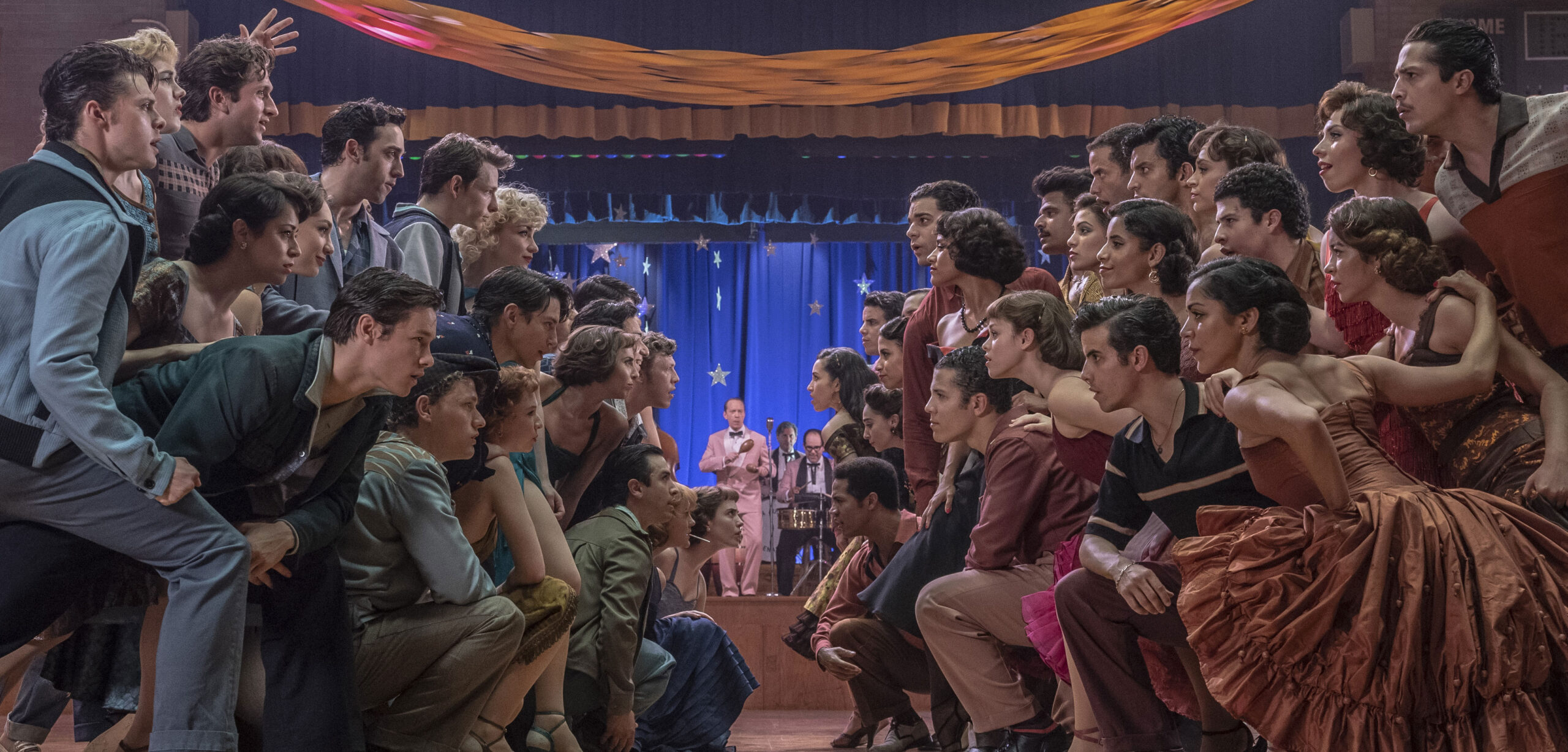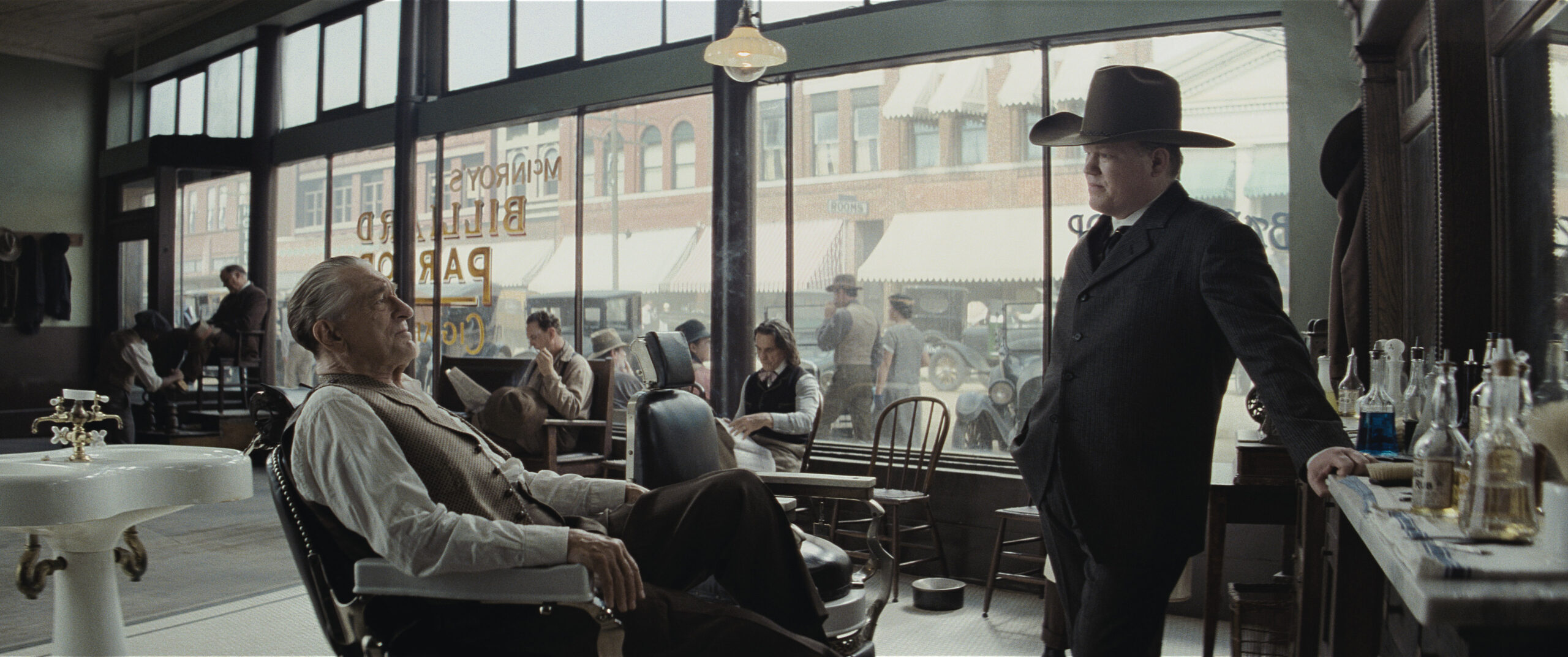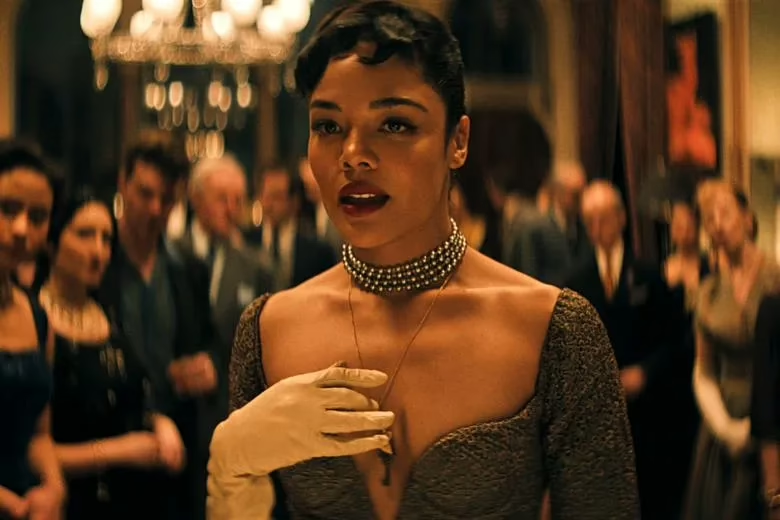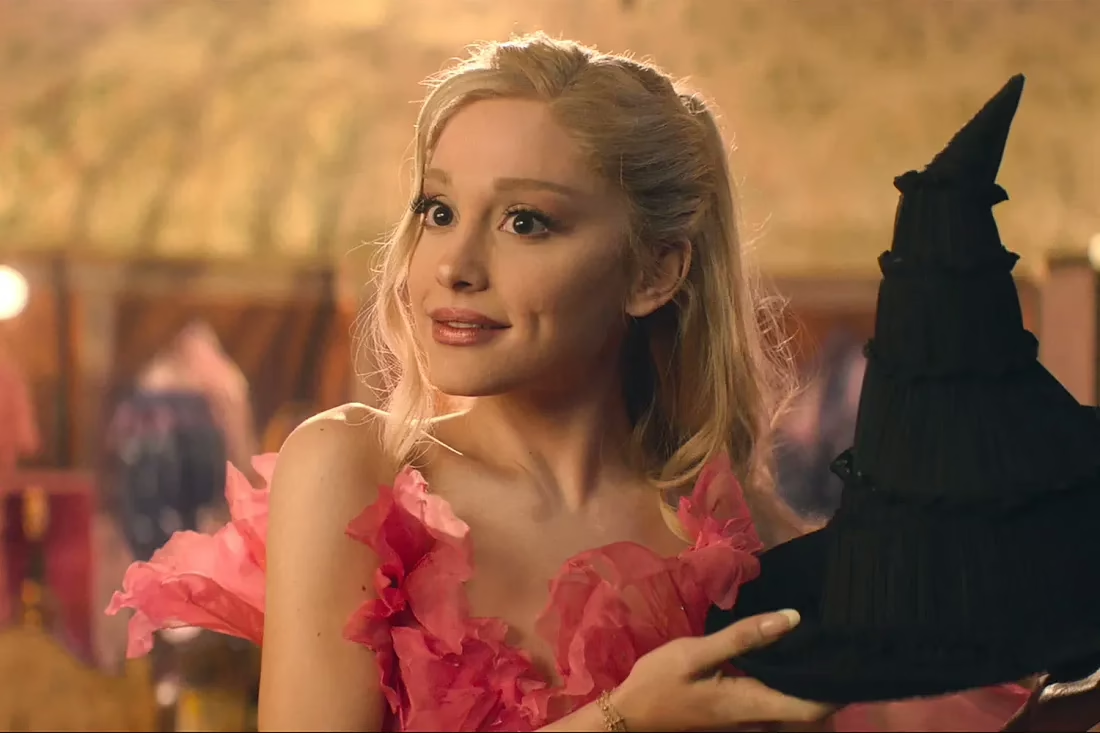25. Decision to Leave (Dir. Park Chan Wook)

Park Chan-wook’s Decision to Leave (2022) is another masterclass in blending genre from Korean filmmaker Park Chan-Wook. The film flawlessly bends between neo-noir, romance, mystery, and psychological drama all with stunning craftsmanship. The film follows detective Hae-joon, who becomes captivated by a widow, Seo-rae, suspected of her husband’s death. With meticulous direction, Park crafts a world of lingering tension, elevating a love story and mystery into a complex exploration of obsession, guilt, and deceit. The film’s slow-burn narrative and haunting atmosphere, combined with standout performances from Tang Wei and Park Hae-il, make it unforgettable.
24. West Side Story (Dir. Steven Spielberg)

After a few misses at the end of the 2010s, I was skeptical about whether Steven Spielberg could do justice to the classic Broadway musical. Yet West Side Story was a return to form for the legendary filmmaker. Gorgeously made, every musical scene is directed with a level of energy and love that can only be realized by a filmmaker like Spielberg. The classic story of a greaser and an immigrant finding love in a world where they are supposed to be enemies remains as timeless and heartbreaking as ever.The film also boasts an incredible ensemble, helmed by breakout stars Rachel Ziegler and Mike Faist.
23. The French Dispatch (Dir. Wes Anderson)

Ingeniously structured like a New Yorker magazine, Wes Anderson’s French Dispatch is a delightful love letter to journalism and writing. Mostly revolving around three separate stories accounted by different journalists in the film, French Dispatch explores how writers are able to capture the human experience through their writing. Like many of Anderson’s best films, French Dispatch draws you in with its quirky tone and detailed production, but its always-lingering sense of melancholy never makes it feel devoid of emotion.
22. Godzilla Minus One (Dir. Takashi Yamazaki)

As Hollywood’s take on the classic monster drifts further from its serious roots, Godzilla Minus One is a breath of fresh air, bringing the franchise back to its origins. This stunning entry is not only a satisfying monster movie with breathtaking set pieces but also a deeply moving human story. Set in post-World War II Japan, it follows a society struggling to rebuild amidst the chaos. The filmmakers wisely keep humanity at the heart of the narrative, even amidst the destruction, while thoughtfully revisiting the anti-war themes that have always defined the Godzilla franchise.
21. Killers of the Flower Moon (Dir. Martin Scorsese)

Martin Scorsese continues to solidify his unparalleled legacy with Killers of the Flower Moon, a deeply unsettling and profoundly moving exploration of love, betrayal, and systemic violence. Killers of the Flower Moon is not just a historical drama but a poignant reflection on the exploitation and erasure of Indigenous communities. Set against the backdrop of the Osage Nation murders in the 1920s, the film centers on the tragic and morally complex relationship between Ernest Burkhart (Leonardo DiCaprio) and Mollie Kyle (Lily Gladstone).
Scorsese’s deliberate pacing allows the story to unfold with a sense of inevitability, immersing viewers in the insidious nature of the crimes. Rather than framing the narrative as a mystery, the film intentionally exposes how the murders were able to exploit America’s fragmented legal systems, enabling these atrocities to persist unchecked.
The performances of the three leads are extraordinary: DiCaprio conveys a mix of devotion and weakness, while Gladstone’s quiet strength and vulnerability make Mollie an unforgettable presence. Robert De Niro is chilling as the manipulative William Hale.



Leave a Reply